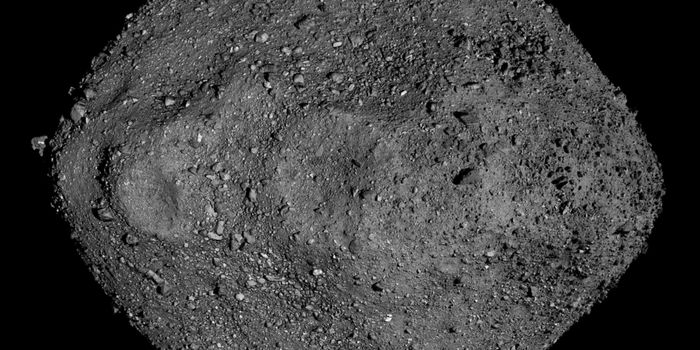SpaceX is Attempting a Rocket Launch and Landing Tonight
SpaceX is going to attempt another launch of one of the commercial space company’s reusable Falcon 9 rockets tonight at around 1:26 A.M. Eastern time from the Cape Canaveral launch site in Florida.

Image Credit: SpaceX
The rocket will be carrying a Japanese communications satellite known as JCSAT-16. This class of satellite is used for a variety of things; most notably, keeping an eye on changes in the atmospheric environment, such as checking radiation levels, gravitational changes, and magnetic field changes just to name a few.
There are so many of these little guys in space that it’s hardly a milestone mission, but it’s a mission that has been deemed important enough to get the clearance to go into space nonetheless.
SpaceX will be live-streaming the launch event on their web page, and we’ve embedded the video for you below if you want to tune in. The live stream will begin approximately 20 minutes prior to the launch.
If for any reason the launch has to get postponed, whether it's because of poor weather conditions or an unseen malfunction prior to the launch, SpaceX will have a two-hour window before they'll have to postpone the launch for another day. The Verge reports that SpaceX has a backup launch date on August 15th if they can't meet their expectations today.
After the rocket (hopefully) completes its primary mission successfully, it will then attempt to land, once again, on the surface of a drone ship in the Atlantic Ocean, just off the coast of Florida.
Although SpaceX has seen its fair share of failures with this process in the last year or two, it has also redeemed itself by making the landing process far more streamlined and stable than it ever has been. This can be attributed to the company’s desires to test their limits in order to develop baselines and improve future reliability.
SpaceX was recently granted a second guaranteed mission from NASA, so the company’s footprint in the space industry is growing and SpaceX’s future is looking very bright in terms of space exploration, as they share a common goal with NASA in the quest to put mankind on Mars.
Source: SpaceX, The Verge, Wired








